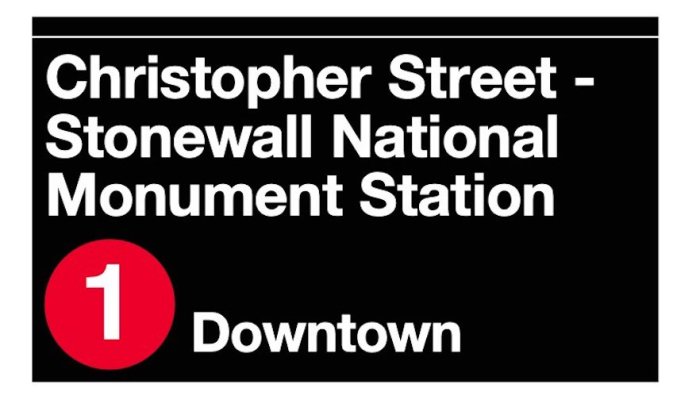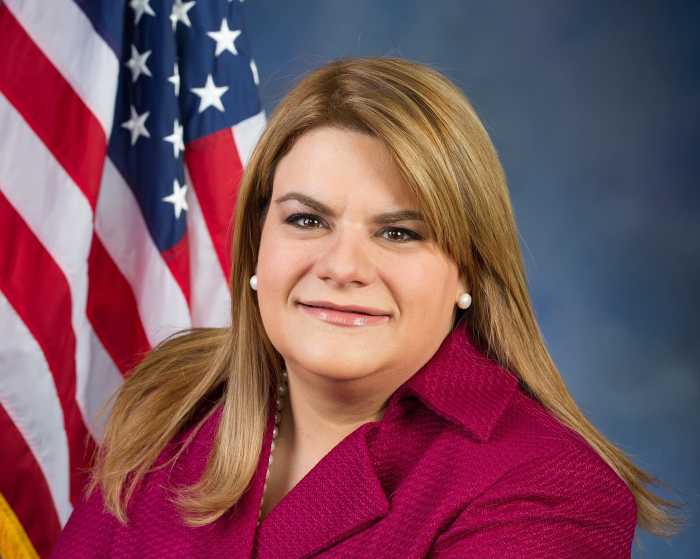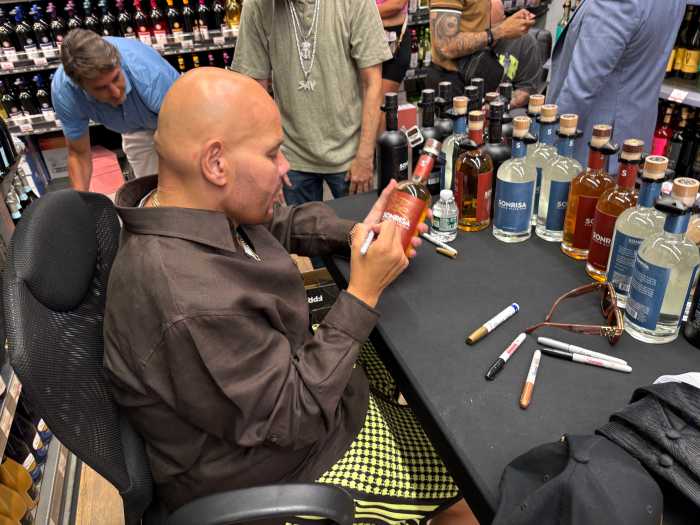New York State lawmakers scrambled to take action on pending legislation during the first week of Pride Month and the final stretch of the legislative session, including bills to repeal an HIV and STI criminalization law on the books in New York State, rename the subway station near the Stonewall Inn, and expand an existing trans safe haven law.
Some of those priorities remained unresolved by the afternoon of June 6, but the effort to rename the New York City subway’s Christopher St. 1 train station to Christopher St.-Stonewall National Monument Station gained unanimous approval from both houses of the State Legislature. The legislation was championed by State Senator Hoylman-Sigal and Assemblymember Deborah Glick, who are both out lawmakers who represent the west side of Manhattan.
“This change will memorialize the history of the modern LGBTQ civil rights movement and inspire New York to demand justice and equality for all,” Hoylman-Sigal said in a post on X. “Happy Pride!”

The Repeal STI Discrimination Act establishes protections for people with STIs who engage in consensual sexual activity by repealing Public Health Law 2307, which stipulated that anyone who knowingly had “an infectious venereal disease” and had sex with another individual was guilty of a misdemeanor. That law coincided with what the New York Civil Liberties Union (NYCLU) described as “stark disparities in HIV’s impact with Black, Indigenous, and other New Yorkers of color, as well as transgender New Yorkers and young men who have sex with men, bearing the brunt of the epidemic.”
Holyman-Sigal and Queens Assemblymember Jessica González-Rojas carry the legislation with the support of dozens of co-sponsors between both chambers. The bill cleared the upper house, but has yet to get a vote in the lower chamber. A spokesperson for Assembly Speaker Carl Heastie did not respond to a question from Gay City News on June 6 asking when the bill may be scheduled for a vote.
The effort to expand the Trans Safe Haven law, meanwhile, comes one year after Governor Kathy Hochul originally signed the legislation to make New York State a safe haven for transgender youth and doctors facing persecution in other states. The new update would strengthen the state’s existing Trans Safe Haven Law by adding protections for parents and guardians, children, and medical professionals who are utilizing any kind of gender-affirming care, including IVF, according to Hoylman-Sigal, who carries the bill with State Assemblymember Harry Bronson of Rochester. That law has also been approved by the State Senate, but not the Assembly.
The NYCLU said the new law would align the state’s gender-affirming care protections with reproductive health protections in the state and extend medical malpractice and professional licensure protections to advanced practice clinicians, speech pathologists, and therapists, among others who may be involved in gender-affirming care. Furthermore, the bill clarifies that New York courts have control over families who move to New York or go to New York for gender-affirming care, according to the NYCLU.
Some other LGBTQ legislative priorities that have yet to pass include the comprehensive sex work decriminalization bill known as the Stop Violence in the Sex Trades Act; a bill barring health insurers from requiring prior authorization for pre-exposure prophylaxis used to prevent HIV infection; and The Gender Identity Respect, Dignity and Safety Act (GIRDS), which would provide clothing, commissary items, and other gender-affirming resources to incarcerated individuals in the state.


































